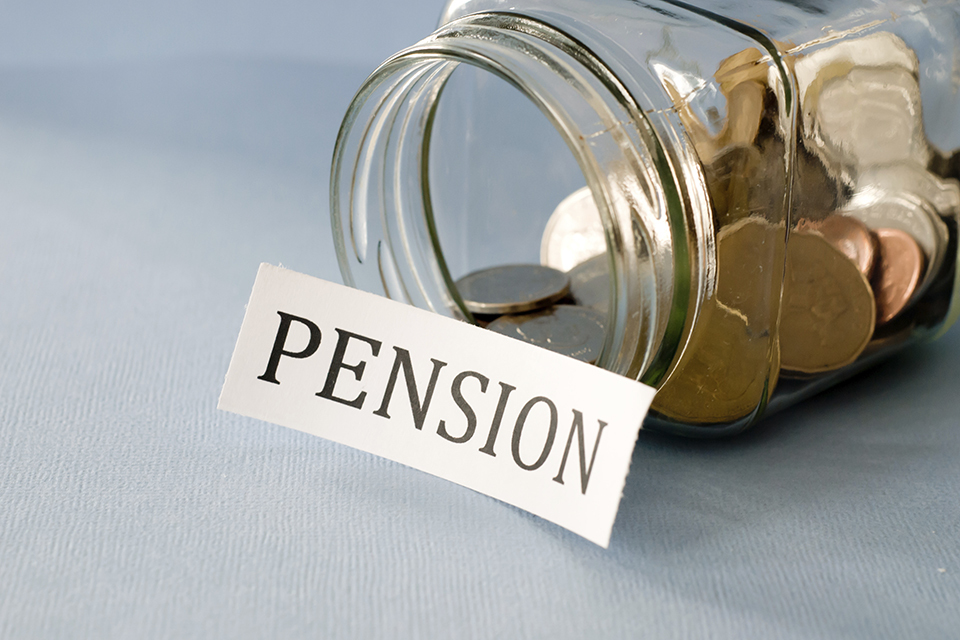
Maximising Director Wealth: The Strategic Advantages of Company Pension Contributions
Maximising Director Wealth: The Strategic Advantages of Company Pension Contributions
Why are Company Pension Contributions beneficial for a Director?
What are Company Pension Contributions?
Before delving into the benefits of making pension contributions as a director, let’s clarify what company pension contributions are. As the director of a limited company, you can pay a greater amount into your pension through your limited company and still claim all the tax benefits.
Directors can also contribute into their pensions without any salary restriction through their company, unlike a sole trader/self-employed worker who is often capped at their yearly salary or £60,000 depending on which is lower.
The contributions you make as a director are tax-free up to £60,000 a year for 2023/2024, even if your profits are less than that. Of course, any contributions above this amount will be subject to a tax.
Benefits of making contributions:
- Tax advantages: Employer contributions to pension plans are typically tax-deductible for the company. This means that the company can reduce its taxable income by contributing to the director’s pension fund.
- Personal Tax Savings: If the director took money out of the company and made personal pension contributions it would be treated as taxable income for the Director, and he would only get a small amount of tax relief from making the personal pension contributions.
- Retirement savings: Pension contributions provide a means for directors to save for their retirement. By having the company contribute to a pension fund on their behalf, directors can build a retirement nest egg that will provide financial security in their later years.
- Asset protection: Pension funds are often protected from creditors in the event of bankruptcy or financial difficulties. This means that the director’s retirement savings may be more secure compared to other forms of compensation or investment.
- Long-term financial planning: Directors can use company pension contributions as part of their long-term financial planning strategy. It provides a disciplined approach to saving for retirement, ensuring that directors have a source of income when they decide to step down from their roles.
Personal Contributions vs Company Contributions:
With pensions, you actually have the choice as a director of paying your pension directly from your limited company or paying it from your salary/dividends.
Personal contributions are subject to the annual pension allowance, meaning that you subject to the same limits as a sole trader (£60,000 or 100% of your earnings). However, you do receive tax relief on your contributions – usually a 25% bonus.
This tax relief is especially beneficial to higher and additional rate taxpayers who may suffer from being taxed at 40% on their personal income.
With Company contributions, the amount you can contribute isn’t linked with your income, and therefore the only limit is your £60,000 annual allowance. You must ensure that any contributions you make are wholly for your pension and not any other purpose, much like any other company expense.
The benefit of this is that contributions made by the company can be offset against the profit as a business expense, reducing how much is owed in corporation tax. Furthermore, anything contributed by the business will not be subject to income tax or national insurance.
